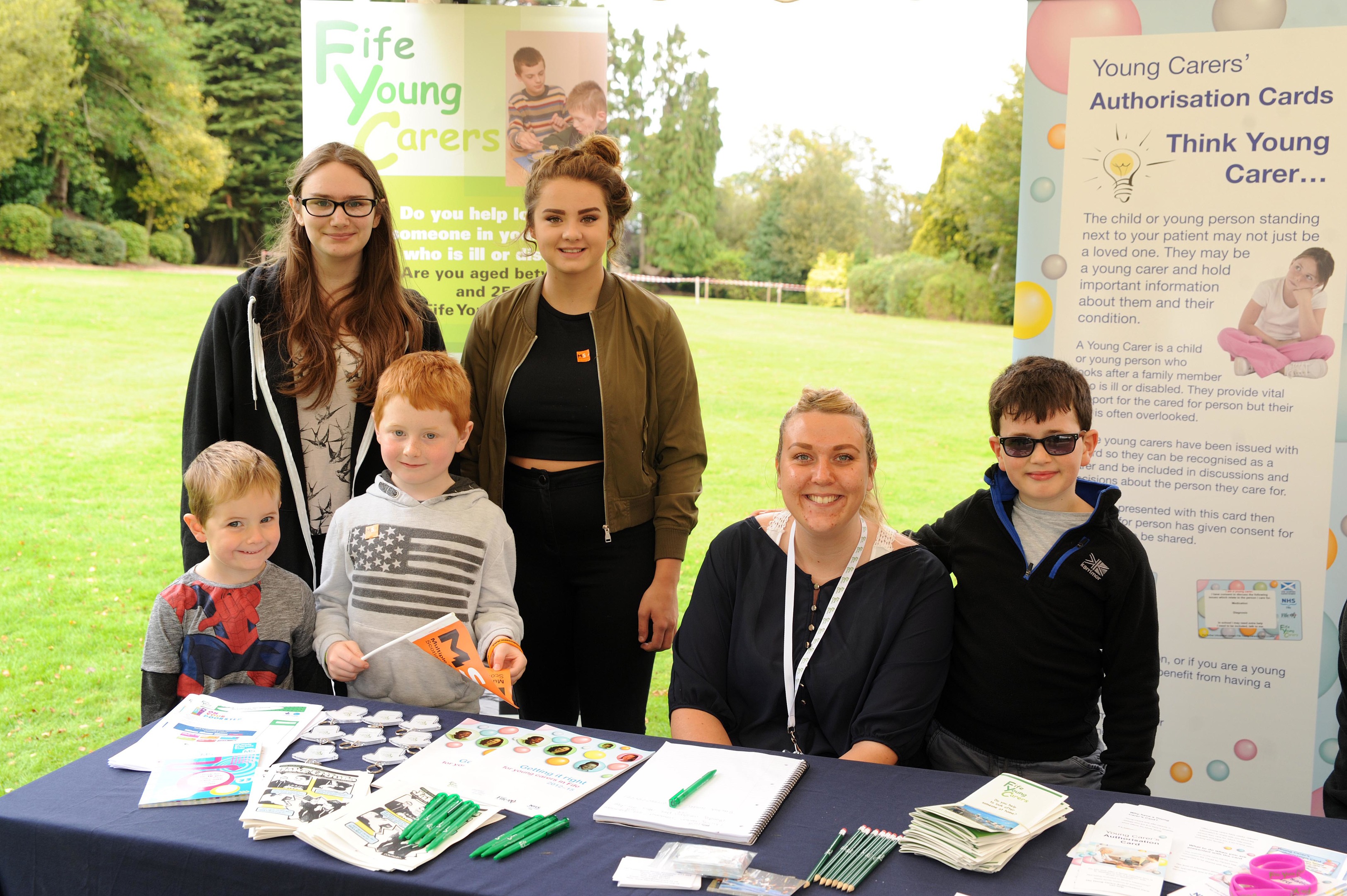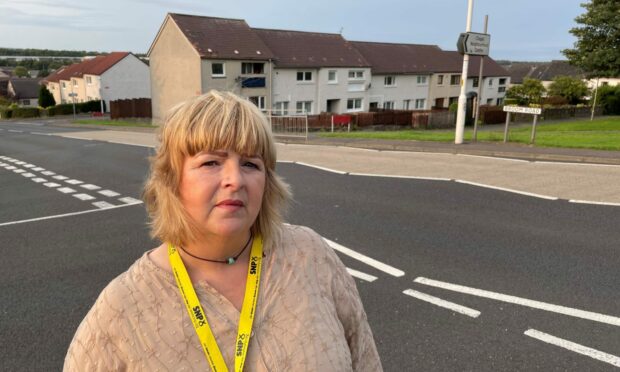NHS Fife has said it is working to address the postcode lottery facing multiple sclerosis sufferers.
It follows a MS Society report calling for UK-wide improvements in treatment and support.
Across Fife, there are an estimated 900 people with MS.
And Scotland has one of the highest rates of MS per population in the world. Across the country there are 11,000 people living with the neurological condition, in which the immune system attacks the coating around nerve fibres.
Marion Murray from MS Society Fife said: “There has been an increase in MS nursing staff. That does not take away from the fact that they have lost a doctor. A doctor has retired and not been replaced.
“As far as I know there are two full time and one part time MS nurses in the community.
“There’s no way that level can provide support to 900 people.
“Since the report last year, NHS Fife has done what it can with the resources it has but that doesn’t stop us campaigning for more.”
The Fife society is reaching out to people affected by the condition by holding support meetings and events across the region.
Updates about forthcoming events can be found on its Facebook page.
Members of the Fife group got together for a family fun day at Craigtoun Park in St Andrews earlier this month.
A spokesman for NHS Fife said: “NHS Fife strives to provide the best possible access to our specialist services.
“We acknowledge the national MS Society report and whilst we welcome the positive elements within it, locally, we continue to work toward ongoing improvement.
“Furthermore, we have recently recruited to our MS specialist nurse complement, which we expect will benefit the service over the coming year by allowing us to further improve access to specialist MS care.”
A study carried out as part of the MS Society’s Treat Me Right campaign revealed there could be thousands of people with relapsing forms of MS who have not seen a specialist nurse or neurologist in the last year or more.
MS Society director Morna Simpkins said: “What we discovered was a postcode lottery, with disparities in the services offered both across the UK and within Scotland.”
The study found that 72% of those who had seen a MS nurse in the last 12 months were taking a disease modifying therapy (DMT), which can reduce the frequency and severity of relapses.
In comparison, only 11% of those who had not seen a MS nurse within a 12 month period were on DMT.










